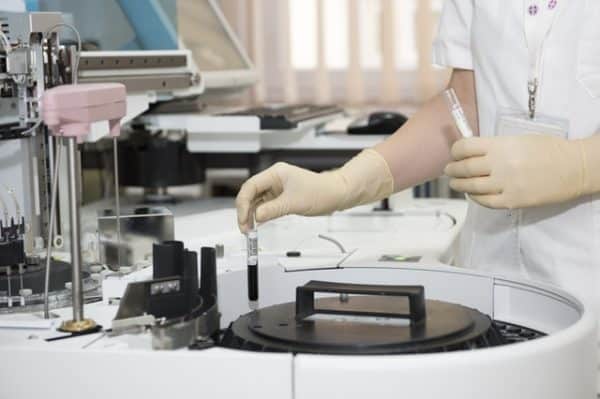Your Health and Gut Microbiome Tests
The modern world of wellness has come up with some unique tests and trends, such as testing the balance of your gut microbiome. While these tests may sound outlandish to some, they are directly and indirectly related to your overall health. For instance, the popular microbiome test requires you to send a fecal sample to the company analyzing your gut microbiome. The test results will tell about the quality, quantity, and diversity of microbes flourishing in the tissues of your body. They convey a better picture of the overall state of your health and also state the factors influencing microbiome imbalance if any.
Does having knowledge of the composition of the microbiome in your body actually help your overall health? How can such lesser-heard tests guide your food and lifestyle habits? Read on to know more about microbiome balance and why gut tests are making it to the to-do list of urbanites like never before.

What is Microbiome?
Microbiome refers to the genetic snapshot of the microscopic organisms prevailing in your body. In most cases, this term is related to the gut microbiome. Today, it is common to find health food marketers and those in the medical research industry referencing ‘microbiota.’ Microbiota is nothing but the collection of different types of microbes- viruses, yeast, bacteria, and several other microscopic organisms – living in your body. Even though the microbiome is to be found in all metabolic systems, its presence in the gastrointestinal tract is most talked about by gut microbiome testing companies.
In addition, the prevalence of good microbiomes (those that produce vitamins or prevent pathogen replication) and bad microbiomes (such as potential pathogens like salmonella and E. coli) can be analyzed through this test. These types of microbiome form an integral part of your internal microbial ecosystem.

Gut Microbiome Tests – Is the Diagnosis Worth its Cost?
When your fecal sample is sent for a microbiome test, it goes through a lab procedure referred to as 16s RNA ribosomal sequencing. In this process, the DNA in the sample is isolated and sequenced to create a snapshot of your microbiota or microbiome. The test analysis gives a synopsis of how unique and different your microbiome is from that of others. The diversity and balance of microbes help in mapping the species and strains of phages, yeast, parasites, bacteria, fungi, and viruses existing in the gut. This diagnostic test often leads to health studies pertaining to different human conditions and diseases like irritable bowel syndrome, diabetes, obesity, and colon cancer.
Why are the Microbiome Tests Recommended?
Gut microbiome testing is recommended to increase the number of microbial species linked with your overall wellness. The test results can help in creating the ideal balance of proteins, fats, and carbohydrates in your diet. Once you know where the imbalance lies, you will strive to include food items such as probiotics and prebiotics that show higher compatibility with your metabolism. This, in turn, will pave the way for achieving and maintaining a suitable weight and increasing your focus, energy, and overall well-being. If you don’t think you get enough of these in the food you eat, you may wish to look into supplements such as those from Gundry MD as a way to ensure that you are giving your body what it needs. If this is something you are interested in, you could take a look at these Activated You reviews to find out what others are saying about the Activated You prebiotic and probiotic products, as a potential option.







This is very interesting. I’m a firm believer that so many of our health issues are associated with our gut. I go through phases of being very healthy, and mainly all I am doing differently is eating ‘gut’ healthy foods and drinking more water – the difference is astounding. Now I just need to make it a way of life rather than a phase